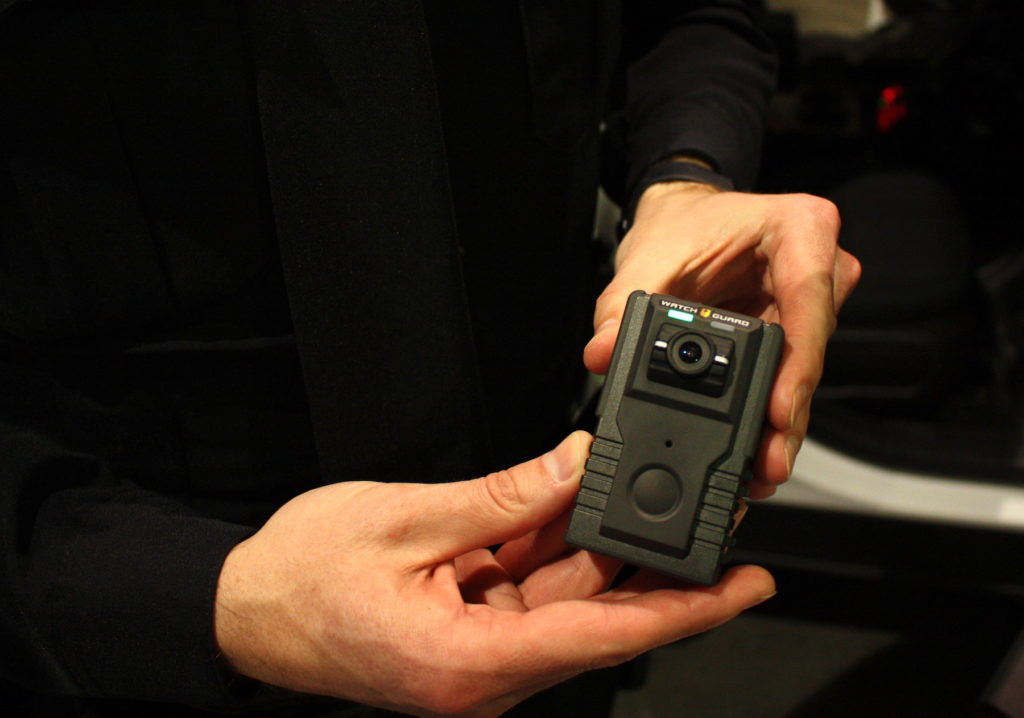
The battle over police reform is heating up once again in Tennessee.
State lawmakers have already reined in civilian-run police oversight groups in cities like Nashville and Knoxville. In 2019, they limited boards’ subpoena powers, and last year, they added more training requirements for members. Now, legislators want to control what they call “criminal justice technology” — like body cameras and facial recognition.
The proposal (HB 2586 / SB 1999) could drastically limit efforts to make policing more accountable and transparent. It would prohibit local governments from making their own rules about devices and software that police use. So, all those debates about regulations for license plate readers in Nashville would be moot.
“A county, city, town, municipality, or metropolitan form of government does not have the authority by ordinance, resolution, regulation or other local law to permit the use of any technology prohibited by this part or to prohibit or effectively prohibit the use of technology permitted by this part,” the proposal reads.
Policies or guidelines written by local governments to regulate criminal justice technology would also be “void.”
But the legislation would do more than limit local rules. It would make it harder for members of the public to see body camera footage.
Law enforcement agencies would only have to share video if it involves an officer shooting their gun or causing serious injury. If recordings are part of a pending criminal investigation, they could also be withheld from the public. In most other cases, recordings could be deleted after 30 days.
Police departments could still publish body camera footage if they wanted to. But they would not have to.
The Metro Nashville Police Department has recently equipped all its officers with body cameras, after years of delays. Since then, MNPD has shared footage of multiple high-profile incidents, including a wrongful raid at an apartment in Edgehill, the 2020 Christmas bombing and recent shootings by police.
However, in multiple cases, the department has declined to turn over full recordings of the incidents, opting instead to publish edited “critical incident briefings,” in which a spokesperson narrates MNPD’s version of events along with selected clips. The new legislation would make it difficult for members of the public to challenge that practice in court.
The bill was originally drafted with a narrow scope: to increase the number of days license plate reader data can be stored before it gets destroyed. But a last-minute re-write, obtained by the Tennessee Coalition for Open Government, would curb attempts to reform policing in the state.
Lawmakers are expected to debate the measure Wednesday morning at a House subcommittee meeting. Michael Curcio, R-Dickson, who chairs the House Criminal Justice Committee, is the sponsor.

